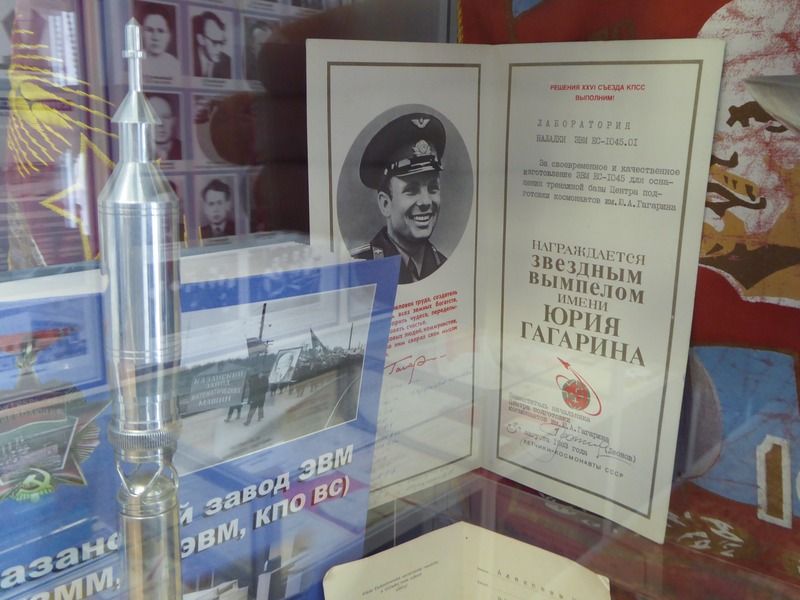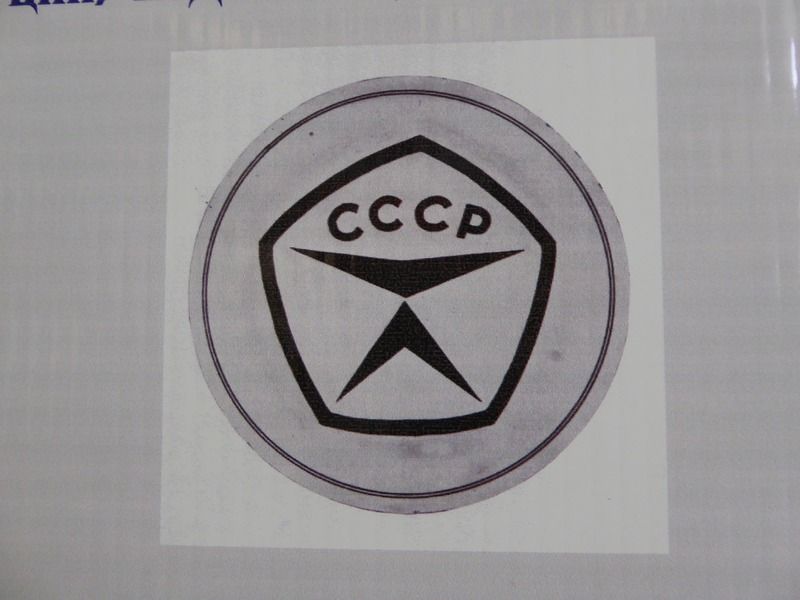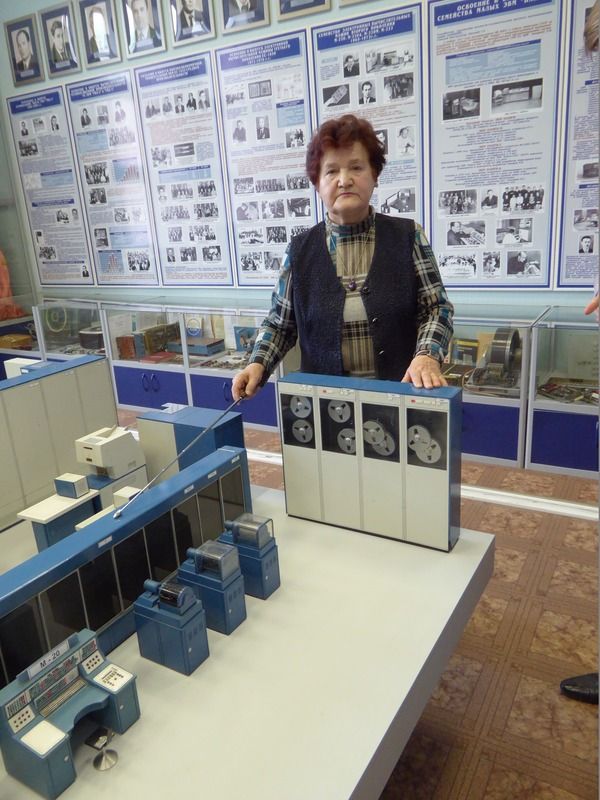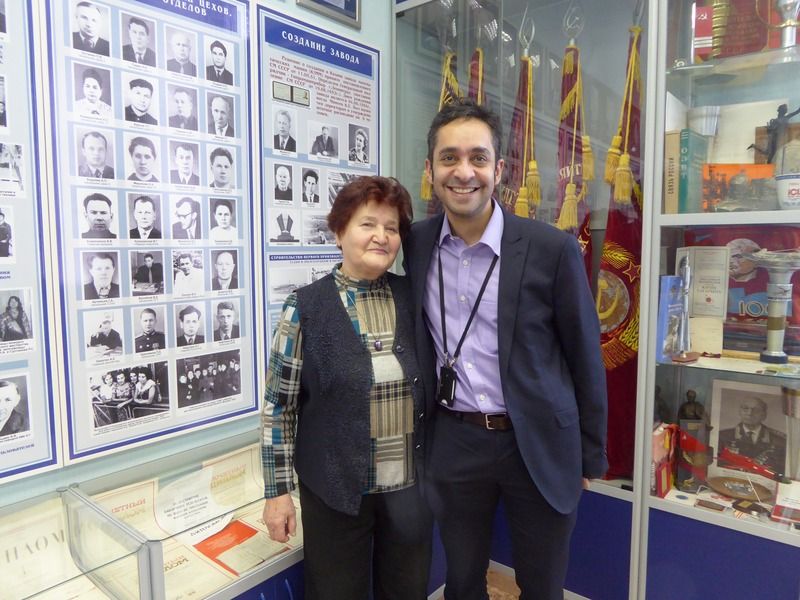When people talk of sustainability, the first thing that often comes to mind is the environment, followed swiftly by social aspects, then within a business perspective, the financial sustainability of an organisation. All are important, all are significant.
But what of people? My current assignment with Fujitsu is looking at promoting sustainability within our global businesses and global delivery centres. This is not just an altruistic and heady ambition underpinned by our noble goals to "Strive for Human Centric Innovation to Overcome Global Environmental Issues and Create a Sustainable Society."
It’s also about how we can achieve business success by being responsible, to the environment, to society and to each other. A trusted business builds long term relationships, with customers, stakeholders and employees.
I’ve had the pleasure of visiting our business operations in Spain as part of this assignment, but also three of our Global Delivery Centres, in Portugal, Poland and Russia. Global Delivery Centres are in essence great examples of sustainability success, a centralised, lean organisation and team delivering remote global services. If we can avoid an engineering visit, that is a great success for customer satisfaction, because customers do not have to wait. But it’s also a success for the environment because we are exploiting ICT to remotely resolve key issues without generating even more carbon emissions through transport or disposed equipment.
As well as this, the Global Delivery Centres have a fantastic diversity story. They are multi-lingual, multi-national centres, employing young, ambitious people. I started my own ICT career working on a Service Desk, answering and resolving calls, it’s tough work, but there is a sense of pride and gratification in being able to achieve for a customer and when they thank you, that’s a great buzz. Women are also significantly represented, in management too. In Portugal for instance, the Global Delivery Centre management team has a majority representation of women.
So, and much as it is an obvious thing to say, people are fundamental to the success of any organisation, and the development and sustainability of people is key. An old adage states that employees do not leave companies, they leave managers, in some respects this is true, but organisations like Fujitsu have developed extensive guidelines and policies to develop the expected behaviours of all employees, such that we try to avoid this scenario.
So what else motivates people to stay with an organisation? Well, money of course, we can’t talk about motivation without mentioning that. As well as that, job satisfaction, development, being felt valued. All are significant and there are many success stories in many an organisation of how the sustainability of people, through development, is achieved to drive the long term success of the organisation.
But one thing I wanted to pick up on is the heritage of an organisation, is there a sense of pride with where you work based on what that organisation has achieved? Personally I’m fascinated by the pre-cursor of Fujitsu in the UK, ICL, which in itself was a consolidation/merger of a number of significant British ICT companies with an interesting and diverse heritage of their own, including making components for the code breaking machines at Bletchley Park. The National Museum of Computing there has a great selection of working (pre) ICL equipment and a timeline on history. You can also see reconstructions of Colossus and the Bombe machines in action of course.
But something that stood out for me on my travels is that in our Russian Global Delivery Centre, there is an onsite museum with a great selection of computing history, photography and curios.
For example, did you know Yuri Gagarin’s (you know, the first human in space, that dude) space flight was directed by the locally built M20 computer? Here is a little tribute to him, Lenin is keeping a watchful eye too.

The Soviet engineering seal of approval.

Here is the lovely Margarita, who is now the director of the museum but was one of a handful of employees who set up the factory in the 1950s, showing us the model of the M20 computer.

And finally, me and Margarita, I didn’t speak any Russian, she didn’t speak any English, but we got on fine! (our wonderful colleagues Alina and Gleb were very kind and helpful in translating for myself and my colleague Hiro)

In a broad sense, people make the difference. It is encouraging that sustainability is on the curriculum in many schools worldwide, here’s hoping the future is in safe hands.
No comments:
Post a Comment